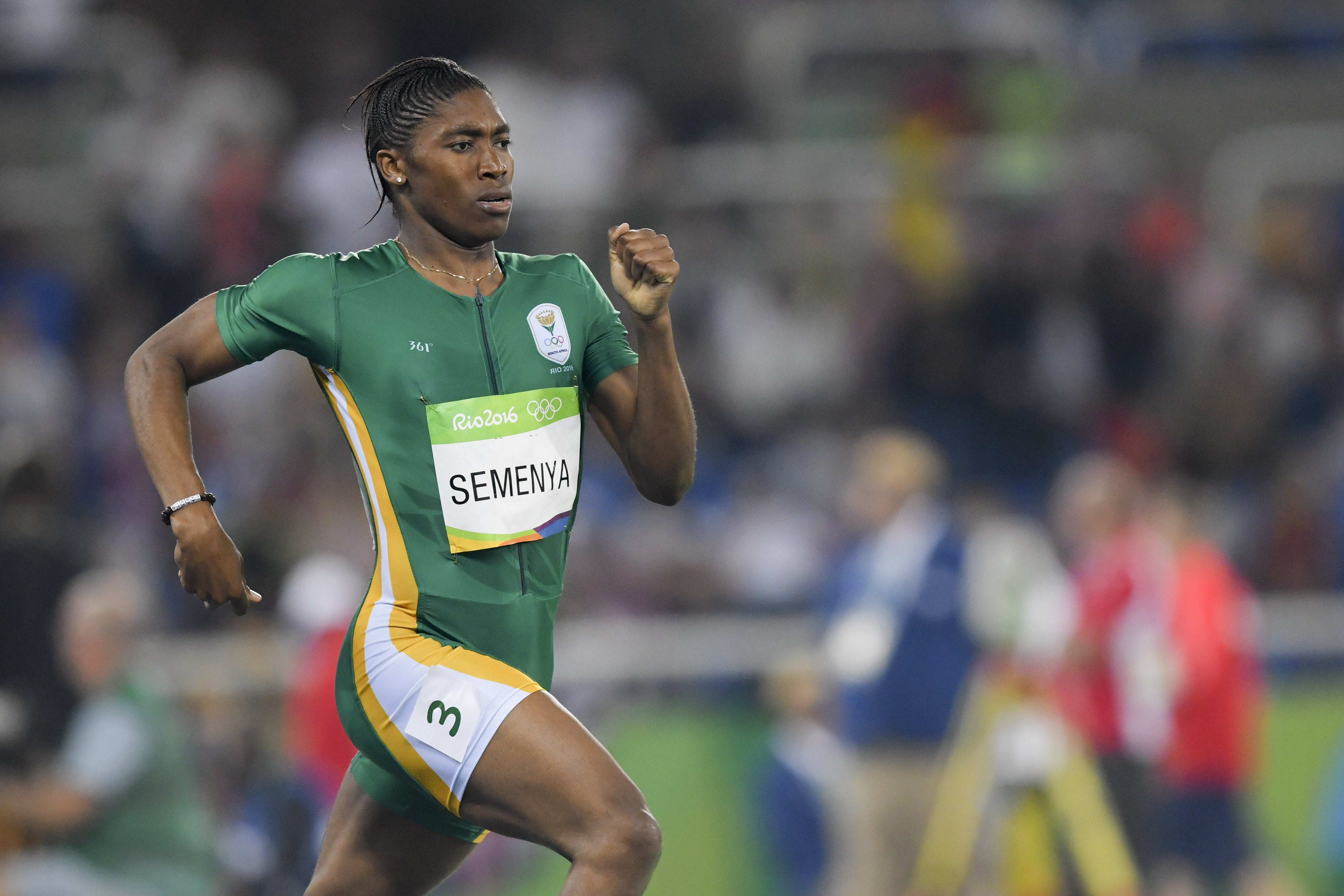Caster Semenya Named to 2019 Time 100 List

PHOTO: Shutterstock Caster Semenya competes at the 2016 Olympics, where she won gold in the 800 meters.
Caster Semenya is a world and Olympic champion in the 800 meters. Her dominance in covering two laps of the track is unquestionable, but it’s only part of the reason she appears on the Time 100 Most Influential list, released on Wednesday.
Semenya represents South Africa and has a condition that gives her high levels of naturally occurring testosterone. The International Association of Athletics Federations (IAAF) has introduced a rule she’s fighting in the Court of Arbitration for Sport that would control hormone levels. The policy would require women like Semenya to lower their testosterone levels through medication or surgery in order to be eligible to compete in events from 400 meters to the mile.
Semenya and her closest competitor, Francine Niyonsaba of Burundi, who revealed to the Olympic Channel on Wednesday that she has the same condition resulting a high testosterone level, argue the proposed new policy is discriminatory. A decision is expected this month.
For the Time article, Edwin Moses, a two-time Olympic gold medalist in the 400 meter hurdles, wrote that Semenya “has taught us that sex isn’t always binary, and caused us to question the justness of distributing societal benefits according to ‘male’ and ‘female’ classifications.”
“Ultimately, this incredibly difficult issue is a political one for sport to resolved,” Moses wrote. “But however it is addressed, Semenya will have already made a singular historical contribution to our understanding of biological sex.”